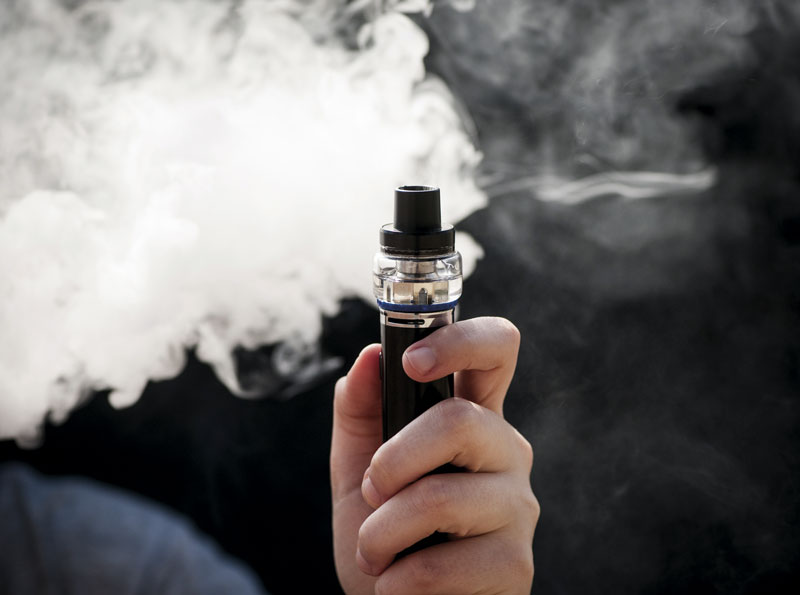
Léo Ramos Chaves / Pesquisa FapespReiterating the health risks, SBC recommends e-cigarettes remain bannedLéo Ramos Chaves / Pesquisa Fapesp
The Brazilian Society of Cardiology (SBC) expressed its opposition to any regulation of the sale of electronic smoking devices (ESDs), better known as vapes (see Pesquisa FAPESP issues 284 and 319), reinforcing its support for the bans established by Brazil’s National Health Surveillance Agency (ANVISA) and the World Health Organization (WHO). The SBC is critical of the tobacco industry’s claims that ESDs offer a healthier alternative to cigarettes and could help reduce conventional smoking. It argues that nicotine and other compounds in vapes can lead to the development of cardiovascular diseases, such as heart attacks and strokes. Vapes are also associated with a type of severe acute lung injury called EVALI (e-cigarette or vaping use-associated lung injury), which often leads to hospitalization and has a mortality rate of 2.3%. Finally, the SBC notes that “Brazil, as a signatory to the WHO’s Framework Convention on Tobacco Control (FCTC), is compelled, as provided in article 5.3, to develop public policies to control tobacco use.” (Arquivos Brasileiros de Cardiologia, February 26).
Republish